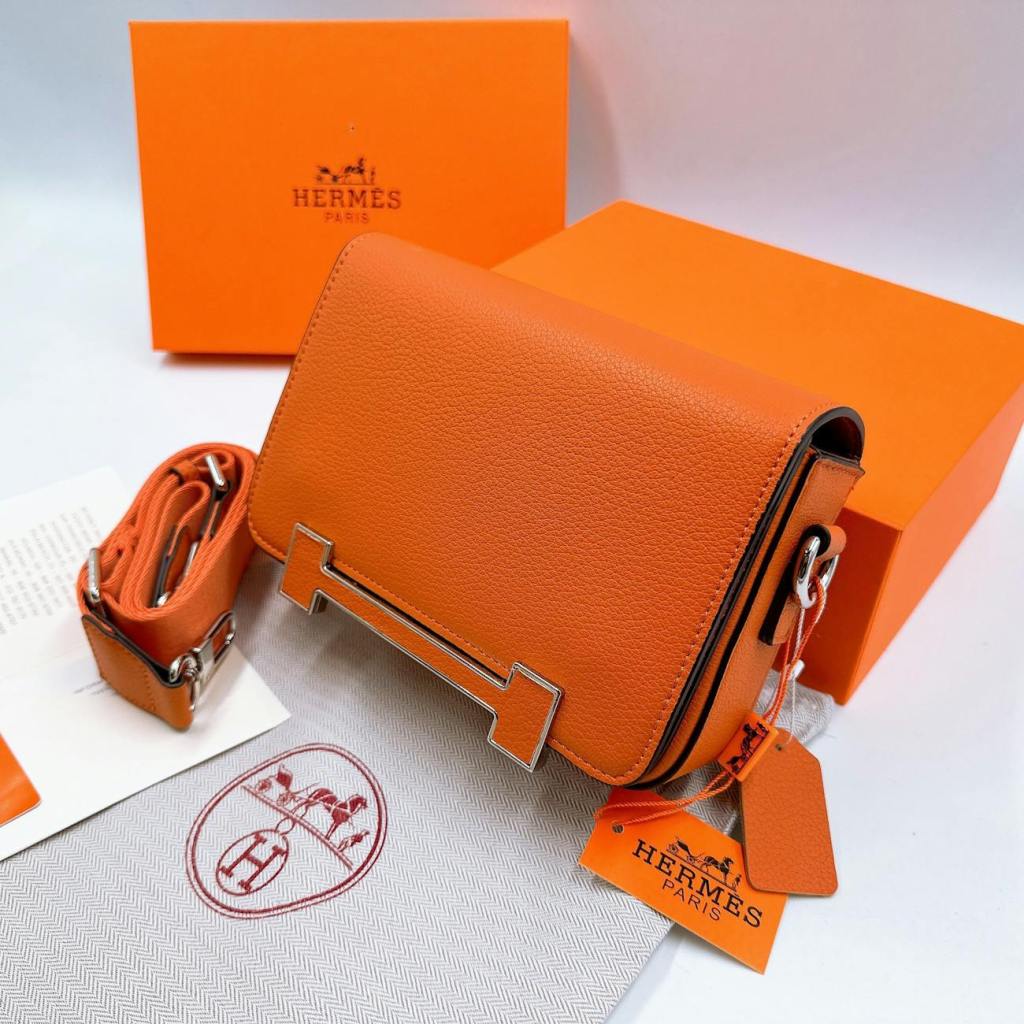
In the echelons of luxury fashion, few names command as much reverence and desire as Hermès, particularly for its illustrious Birkin and Kelly bags. These pieces are not merely accessories but symbols of status, investment, and exclusivity. Yet, the very practices that sustain their desirability have now led to legal challenges and raised questions about the boundaries of luxury brand policies.
The Peak of Luxury Meets Legal Scrutiny
Hermès International has recently seen its stock soar to unprecedented heights, a testament to its unshakeable position in the luxury market. However, the allure of its most famed products, the Birkin and Kelly bags, extends beyond their hefty price tags. These bags are notoriously difficult to acquire, with potential buyers often subjected to lengthy waitlists and pre-purchase requirements that have now sparked legal action.
Two Californian clients of the brand have initiated a lawsuit against Hermès, accusing it of anticompetitive practices by allegedly forcing customers to buy other items before allowing them the opportunity to purchase a Birkin or Kelly bag. This lawsuit highlights a growing discontent among luxury consumers who find the brand’s sales tactics not just exclusive but exclusionary.
A Question of Legality and Ethics in Luxury Sales
The plaintiffs argue that Hermès’ policies not only inflate the cost of already expensive items but also constitute a violation of U.S. antitrust laws, specifically those against tied selling. While experts speculate that the lawsuit may not lead to significant legal repercussions for Hermès, it certainly poses a potential threat to the brand’s image, challenging the very exclusivity that defines it.
Hermès maintains its silence on the lawsuit, though it has always prided itself on the craftsmanship and exclusivity of its products, emphasizing that each bag is individually crafted by a single artisan.
The Financial and Auction Market Landscape
The controversy comes at a time when Hermès continues to dominate the luxury bag market, both in retail and on the auction block. The brand’s shares hit an all-time high, reflecting not just its financial health but also the enduring appeal of its products as investment pieces. In the past decade, Hermès bags have seen a valuation increase of 60%, outpacing many other luxury and investment goods.
The auction world has likewise been witness to the brand’s unmatched allure, with a Kelly 28 Himalaya bag adorned with diamonds fetching $425,000 at a Sotheby’s auction in Paris, underscoring the brand’s dominance in the luxury resale market as well.
The Hermès Paradox
This legal challenge against Hermès underscores a growing paradox within the luxury market: the fine line between exclusivity and accessibility. As the brand navigates the fallout from this lawsuit, it confronts the broader question of how to maintain its status as a purveyor of dreams without alienating those who aspire to partake in its world.
Written by Sofia Cavalli
Co-Author: Chiara Mattone
